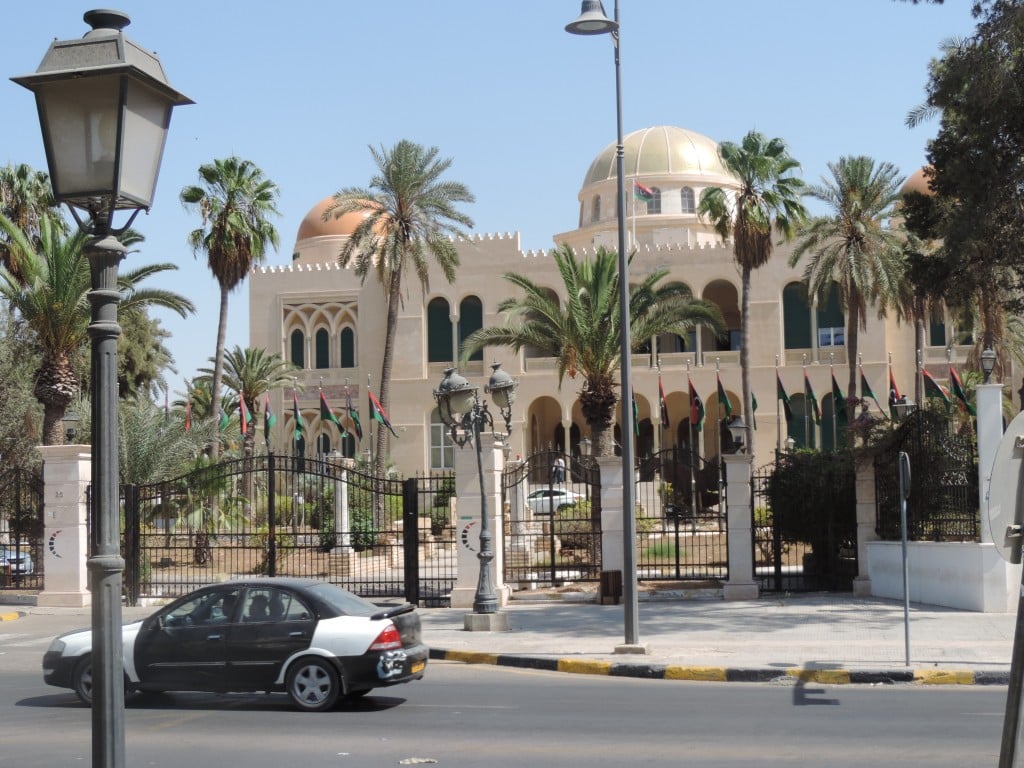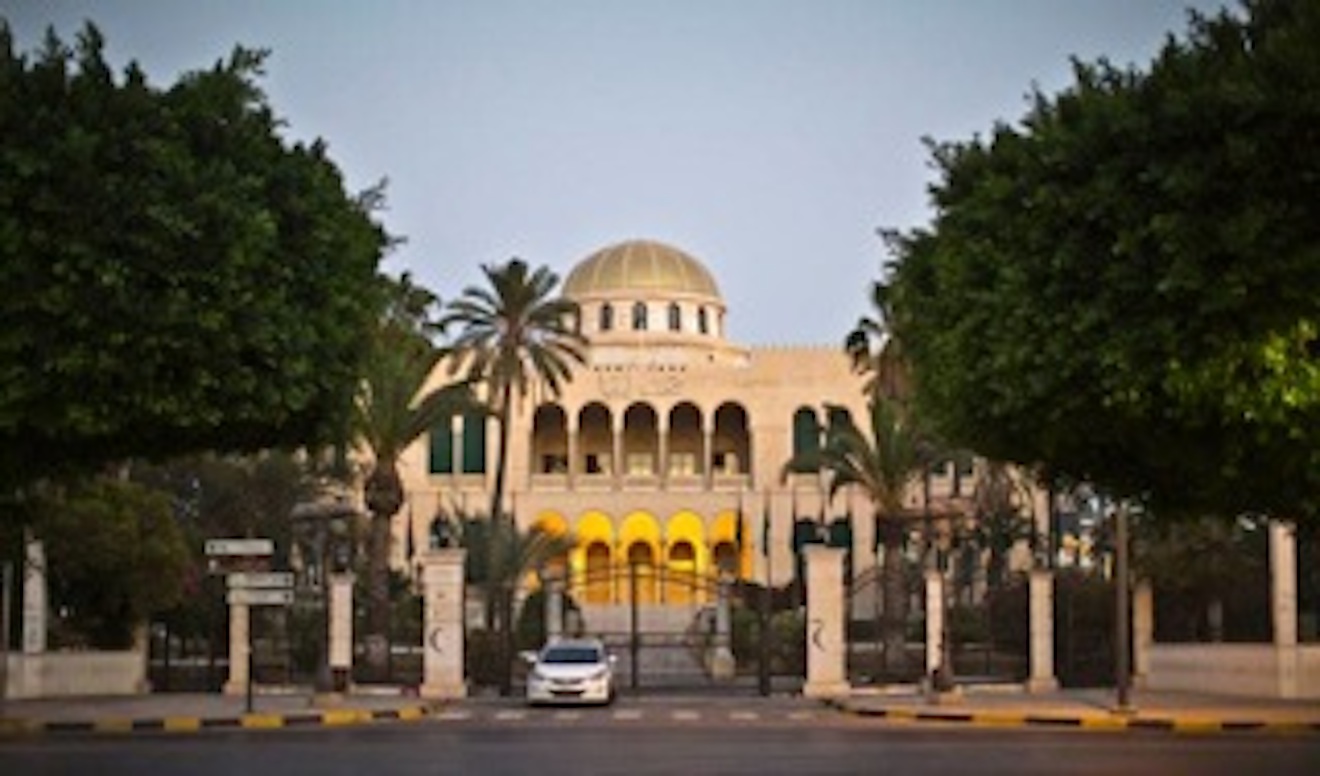By Houda Mzioudet.

Tripoli, 26 August 2013:
Opposition is growing both within the government and among cultural and heritage groups to the cabinet’s . . .[restrict]decision to convert the former King’s Palace from a museum into administrative offices for the Supreme Judicial Council.
Built in the 1930s as the Italian governor’s palace, the building, which now houses the Museum of Libya, is one of Tripoli’s architectural gems. The government published decision 464/2103 last Monday authorising the handover.
The Ministry of Culture and Civil Society has expressed astonishment at the decision. In a statement posted on 24 August on its website, it says that on two occasions it unequivocally refused the Prime Minister’s request, made on behalf of the Ministry of Justice, to hand over the building. It says it considers the decision as contrary to the law and “an encroachment on the interested party” represented by itself and the Department of Antiquities.
In what would be a remarkable development anywhere else in the world, the Ministry said it held the Prime Minister’s office legally responsible for any consequences and repercussions of such a decision.
It also called on the Council of Ministers to review its decision. It would, it said, draw criticism from experts and archaeologists as well as international organisations concerned about Libya’s cultural heritage. It appealed to government, Congress, government agencies, civil society bodies and all Libyan citizens to protect Libyan monuments and to be aware of the importance of the country’s cultural heritage.
It is reported that there is also opposition to the move from the Ministry of Tourism.
Meanwhile, a number of Libyan academics, writers and others staged a protest yesterday in front of the palace to protest the decision. According to Ahmed Abdullah, public relations in the Ministry of Culture, they were due to meet with officials in the Prime Ministry today.
After independence in 1951, the palace became the King’s official residence in Tripoli but King Idris never liked it or felt confortable there. After the revolution, Queen Fatima reportedly said she hoped one day it would house a national library. [/restrict]







